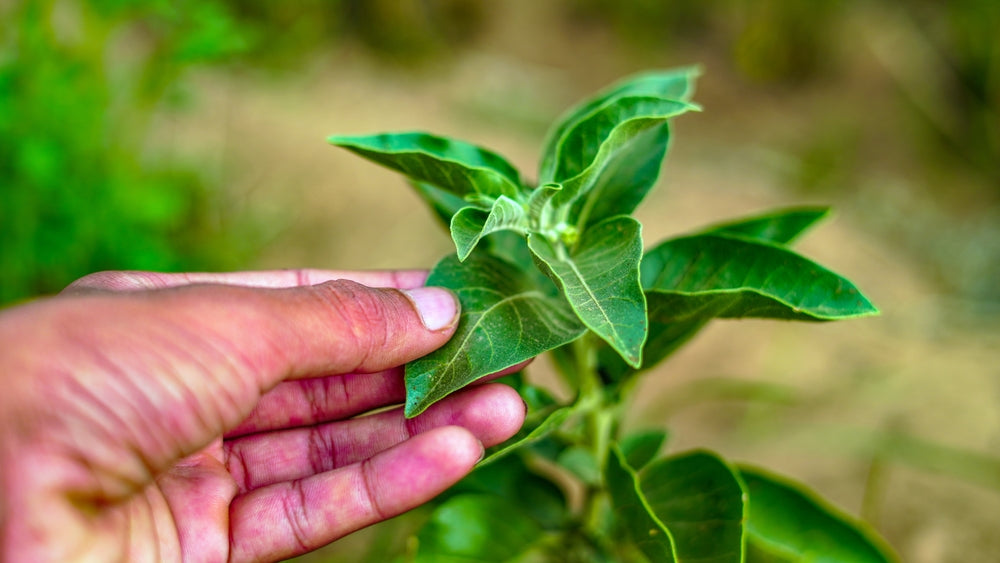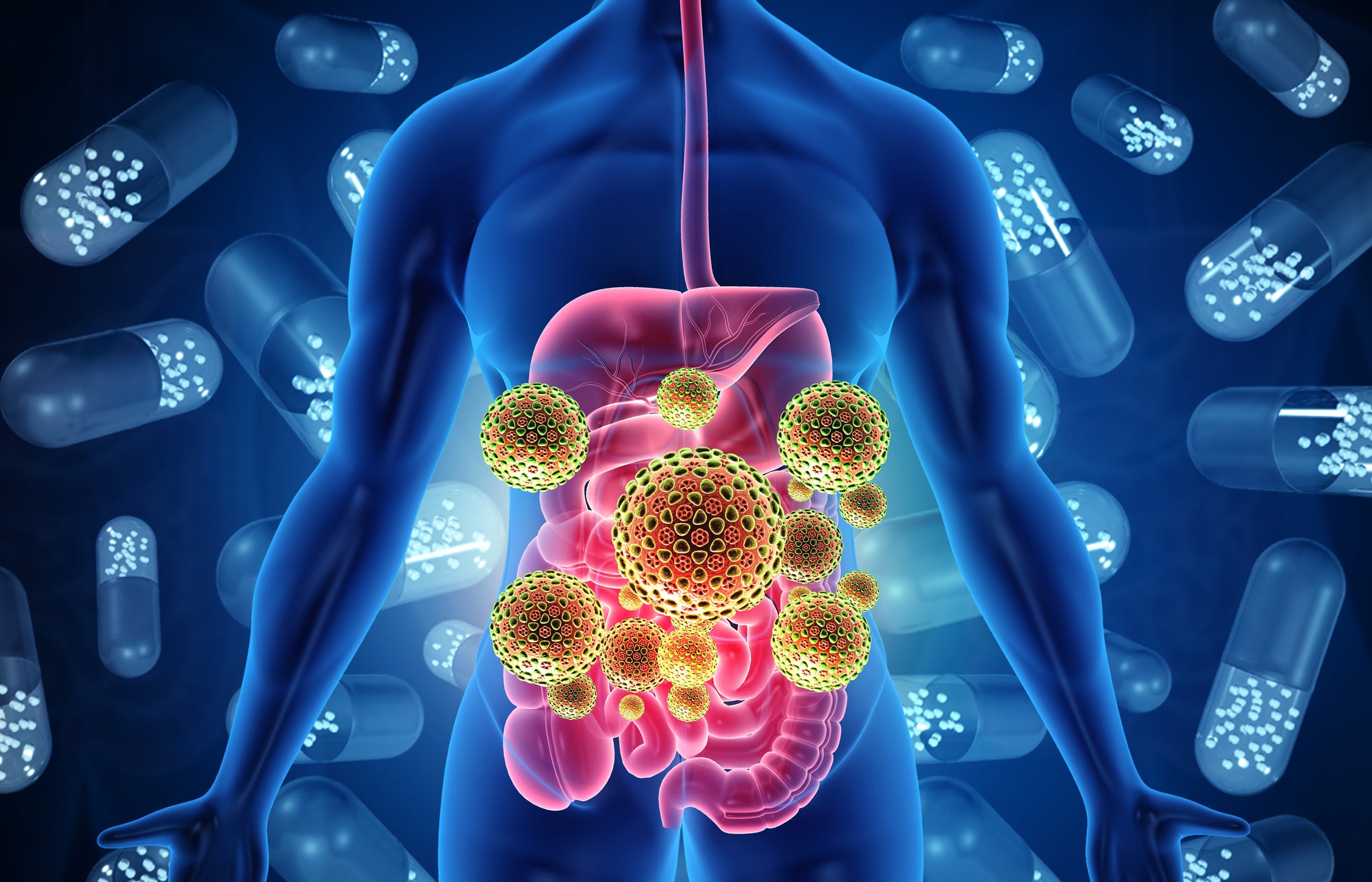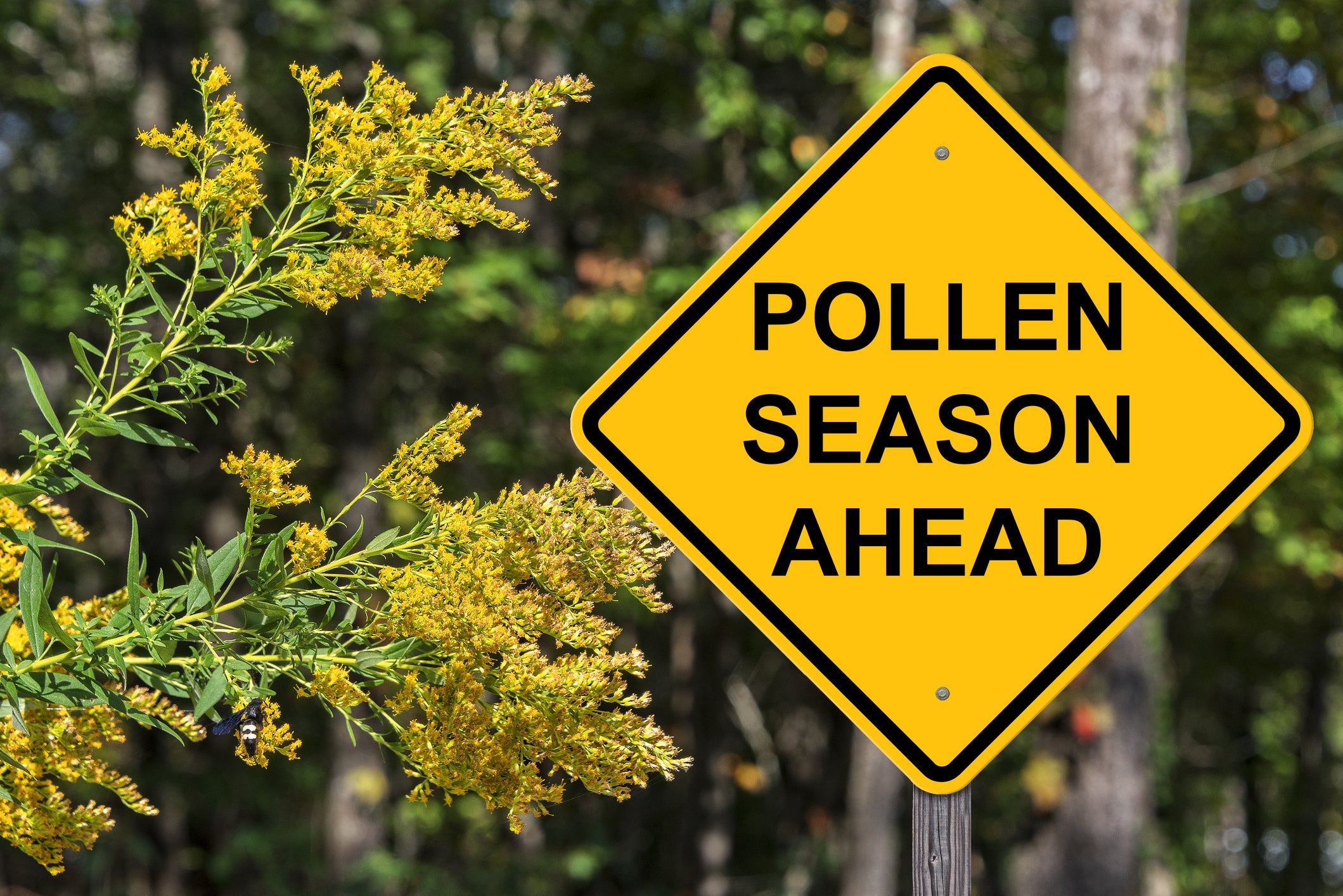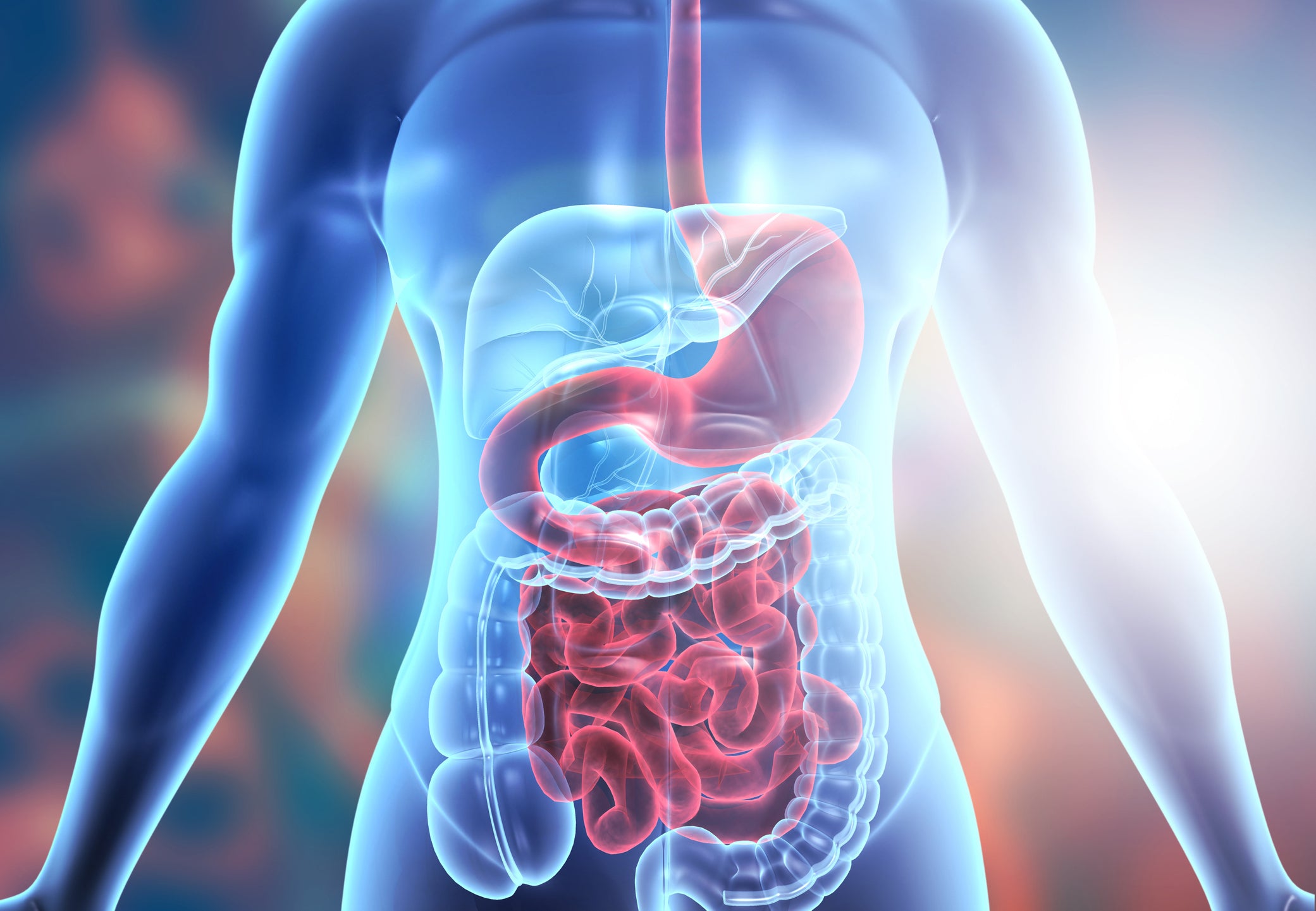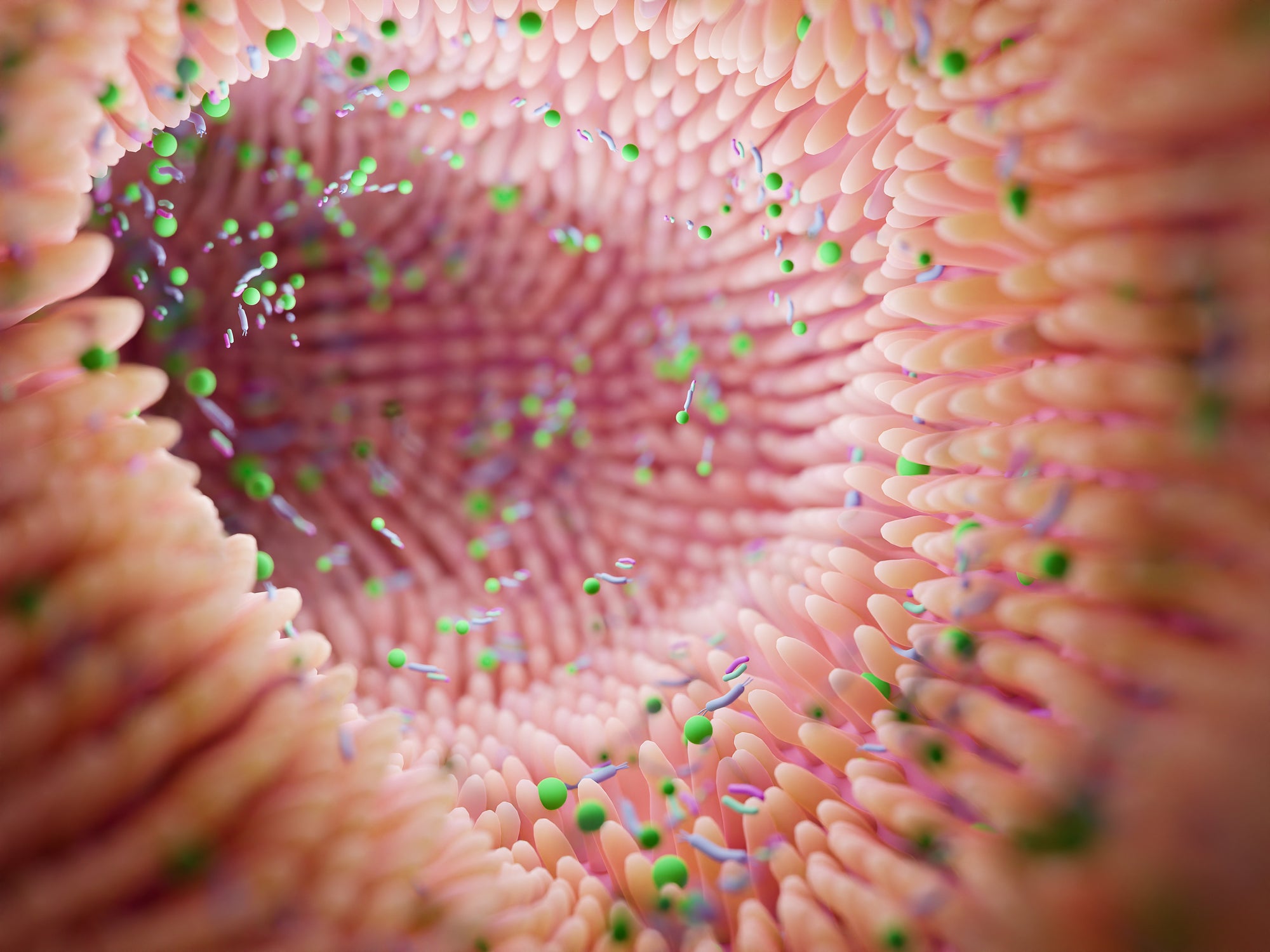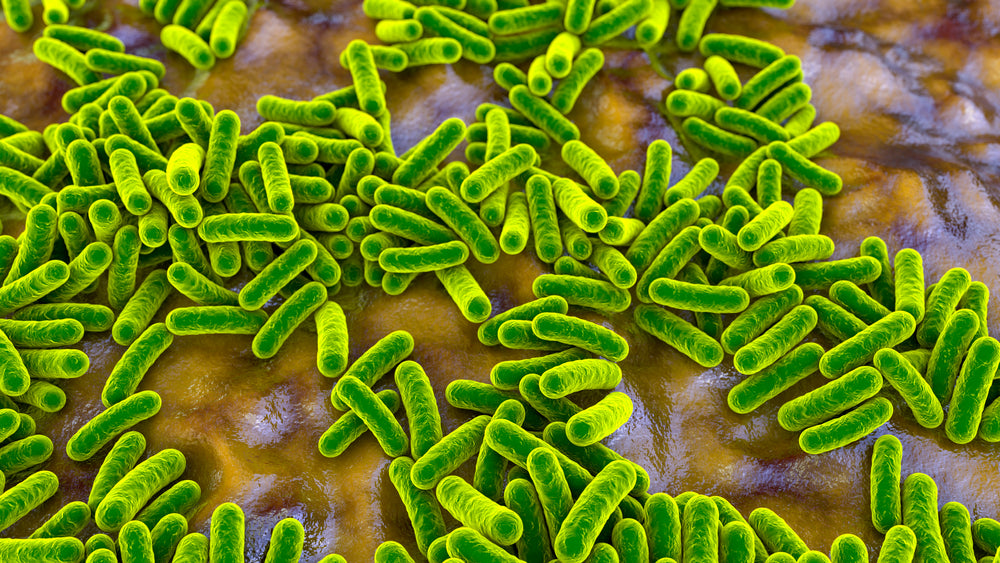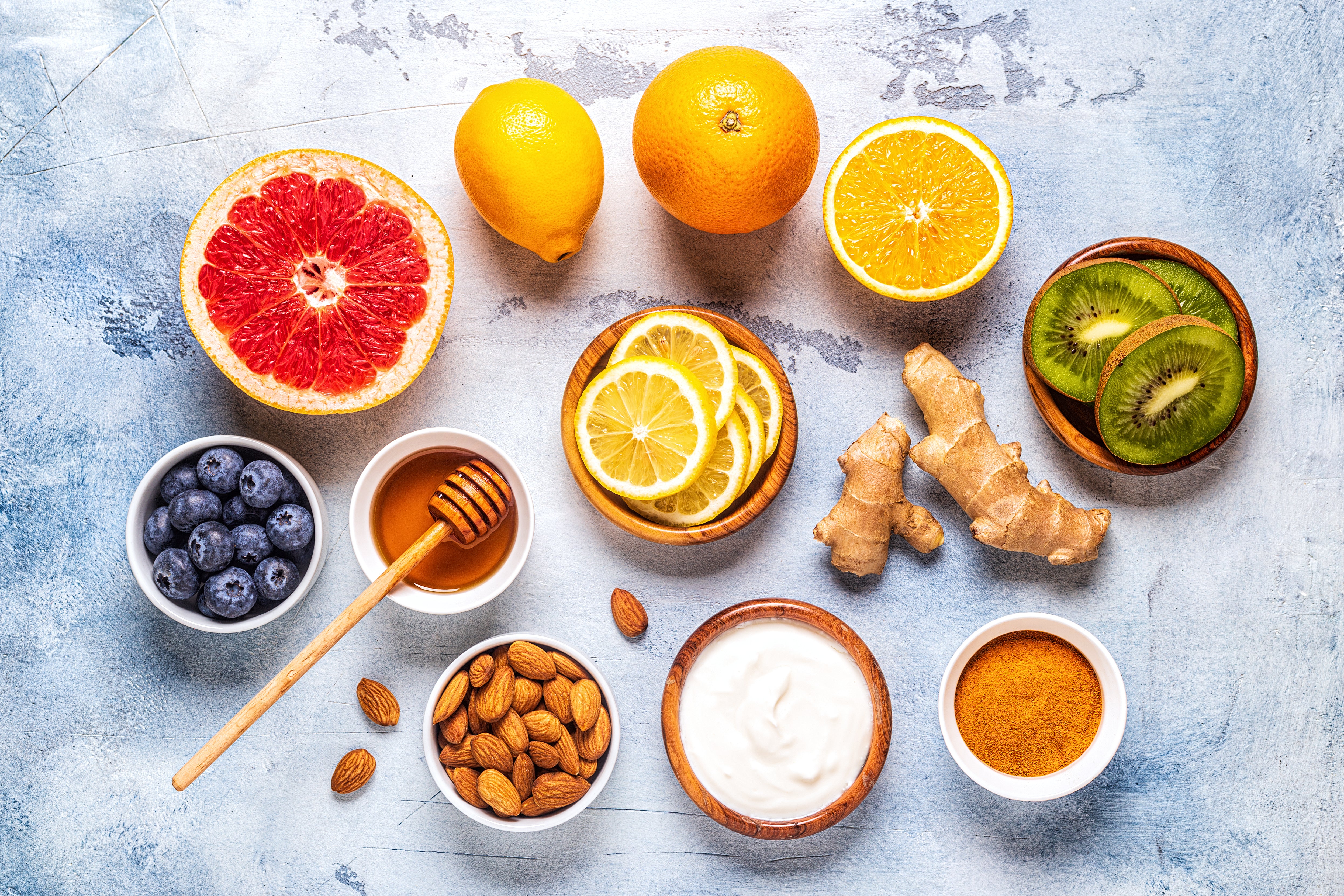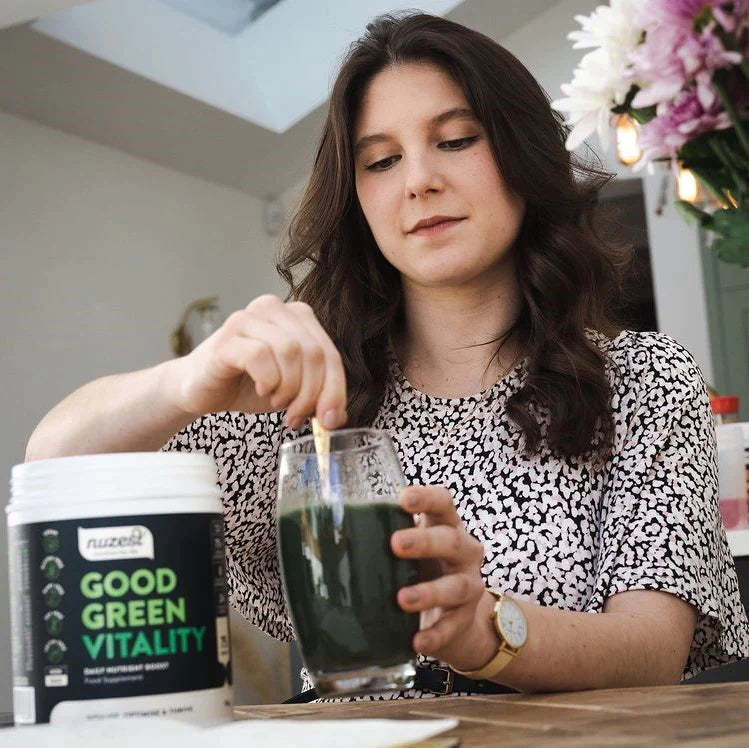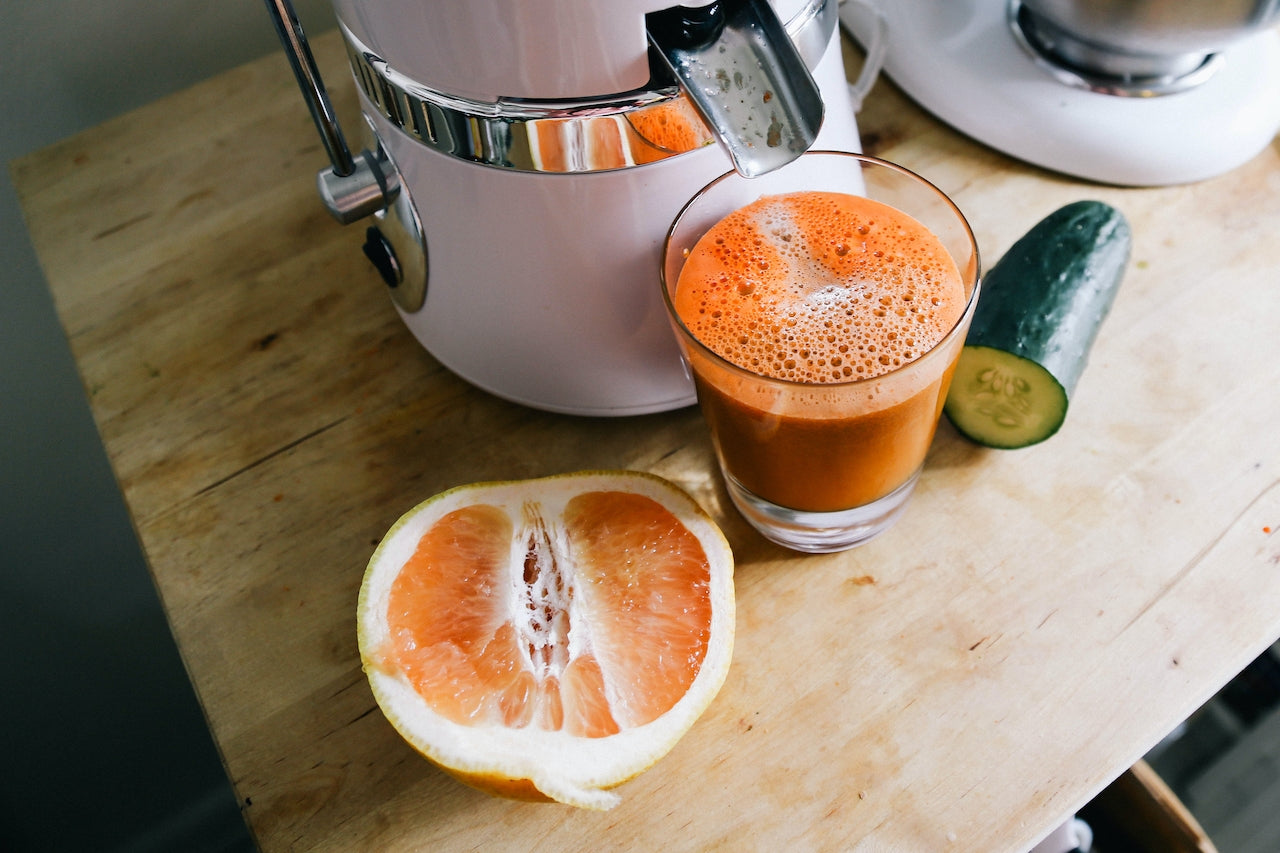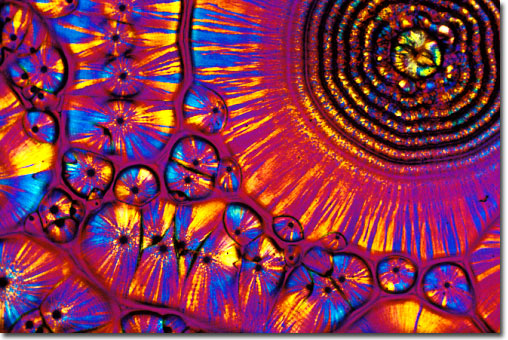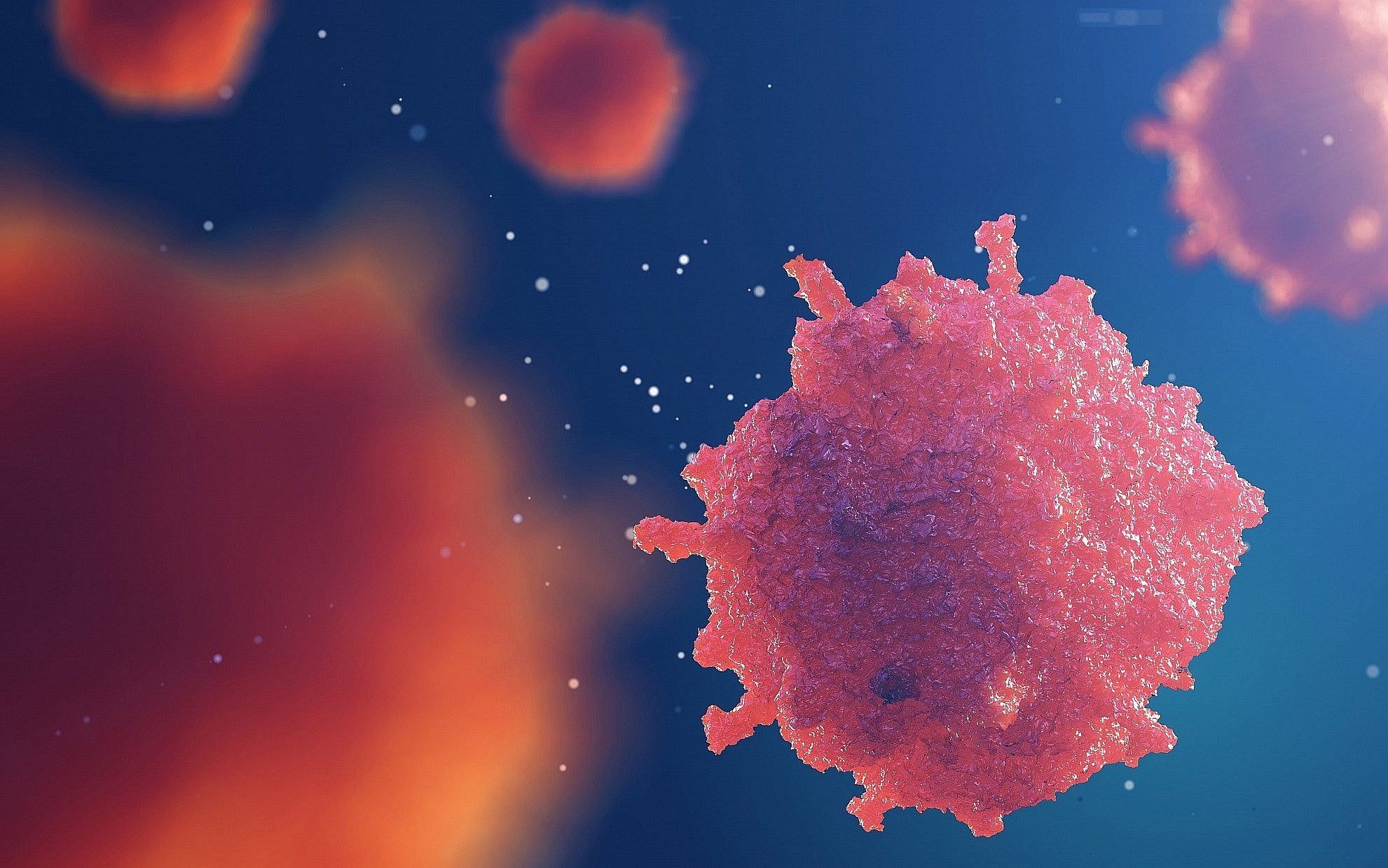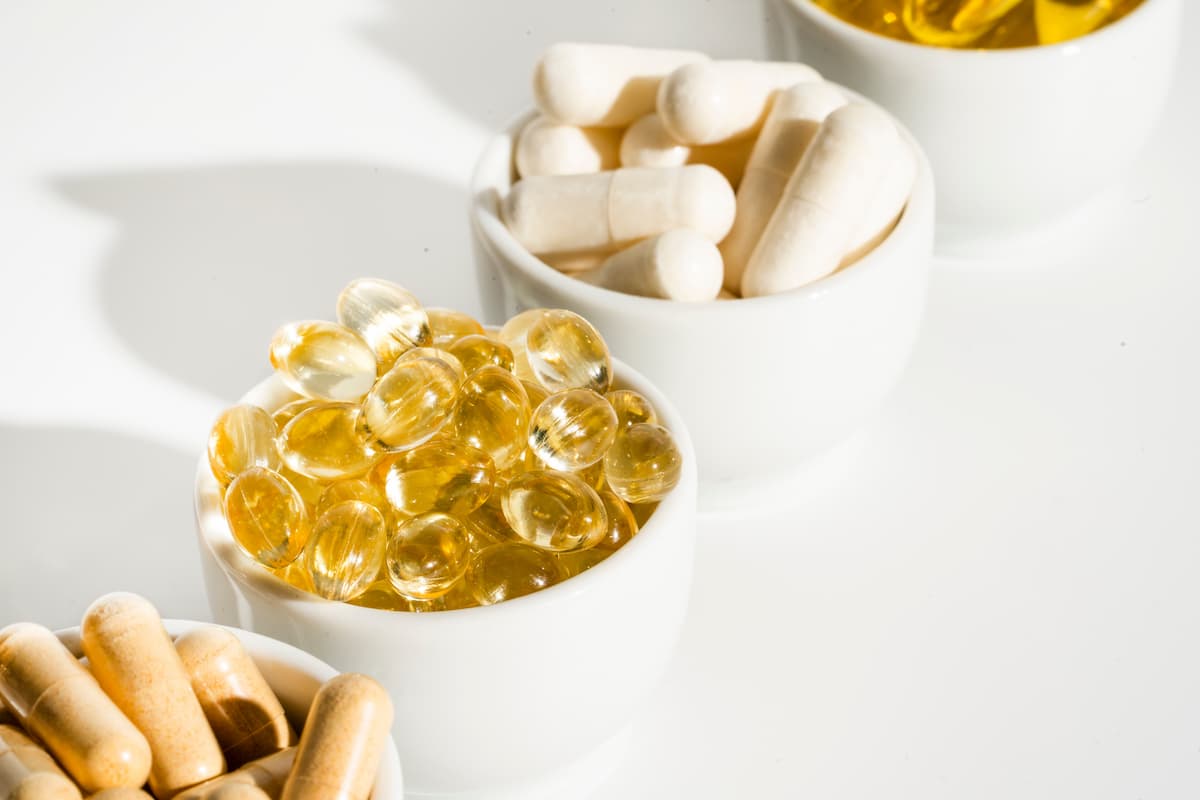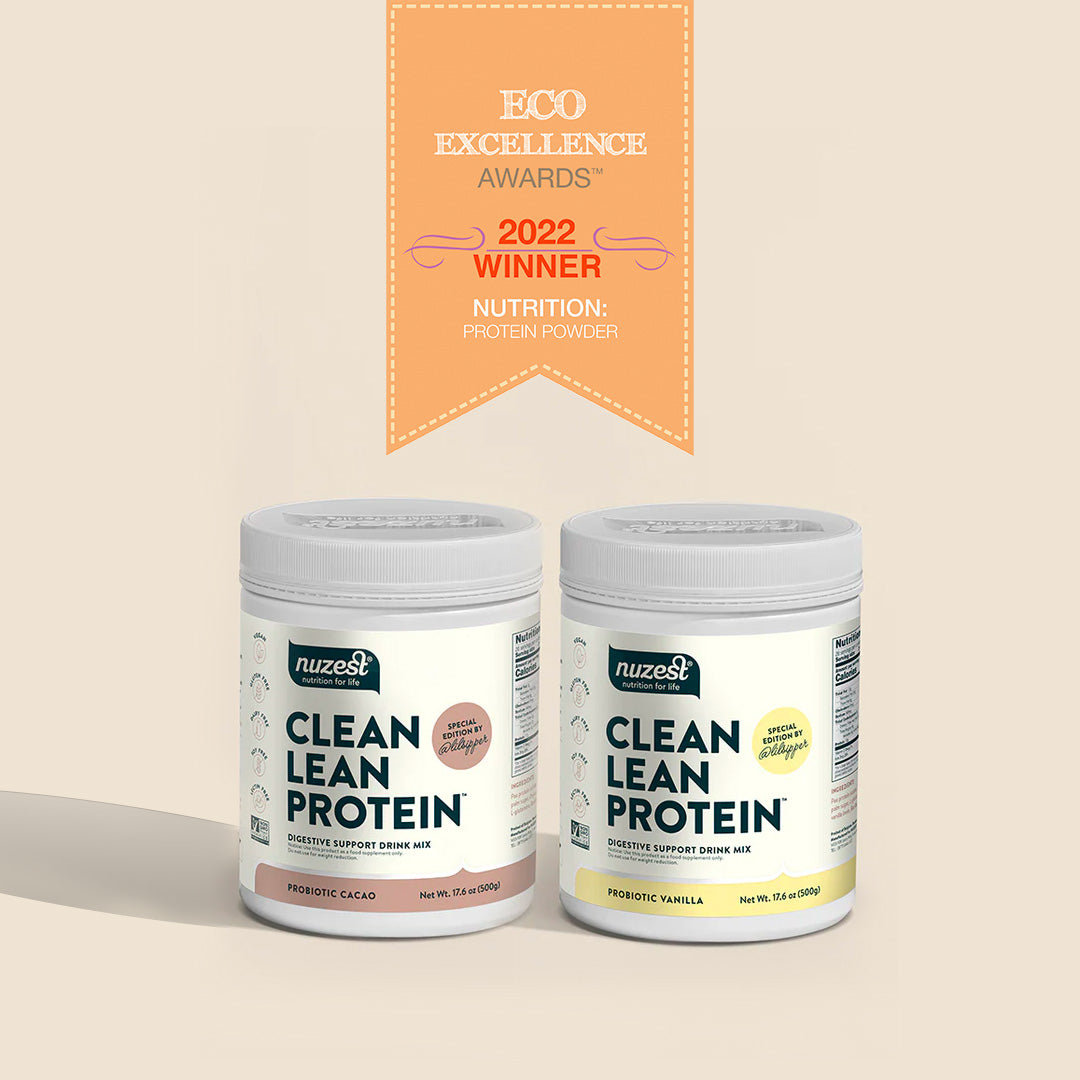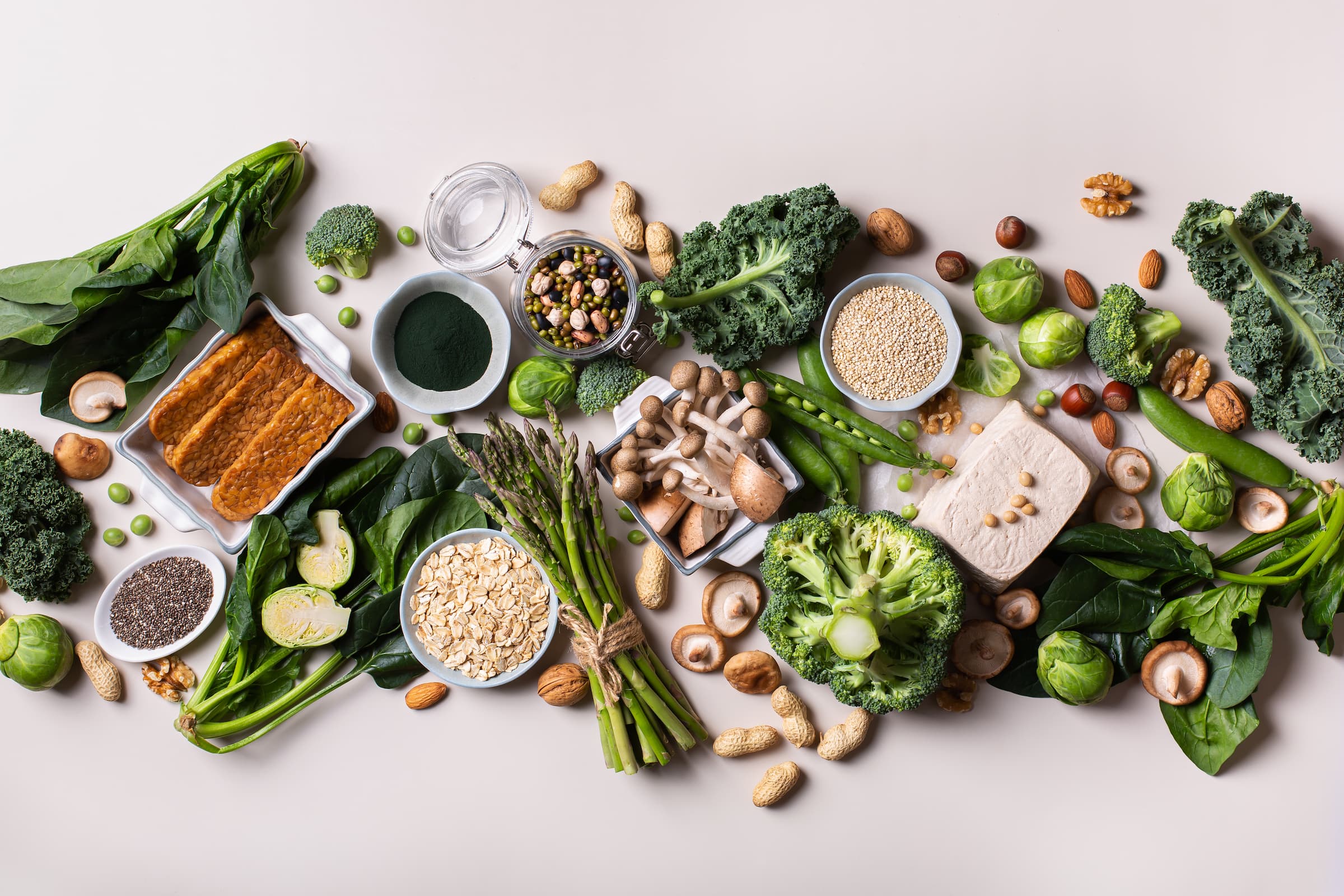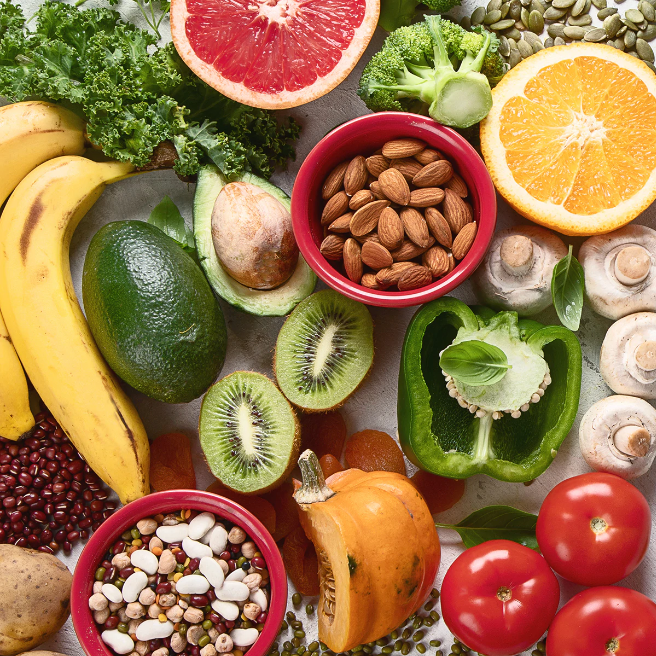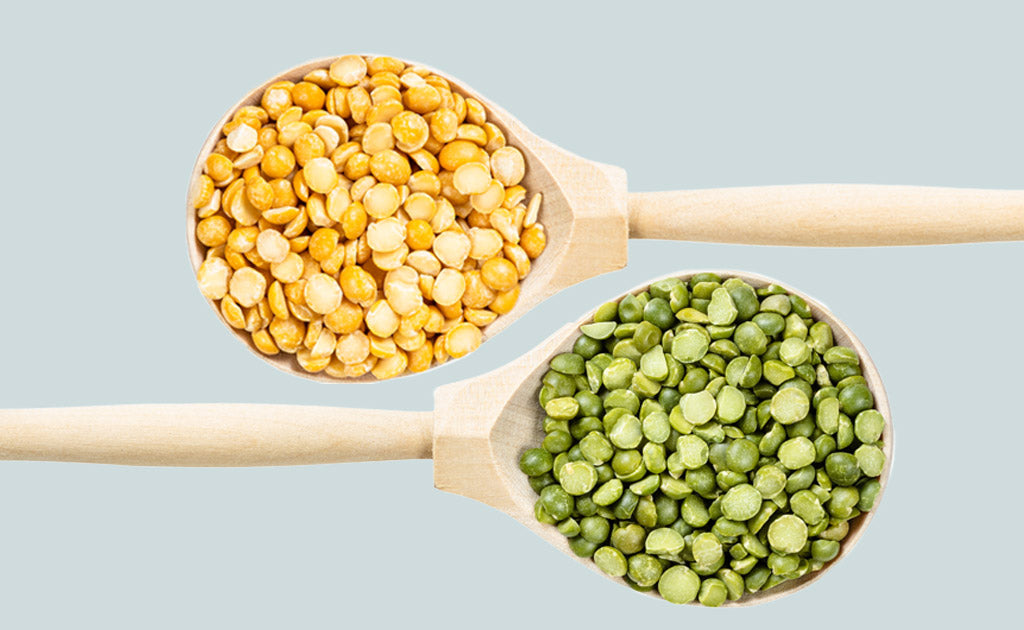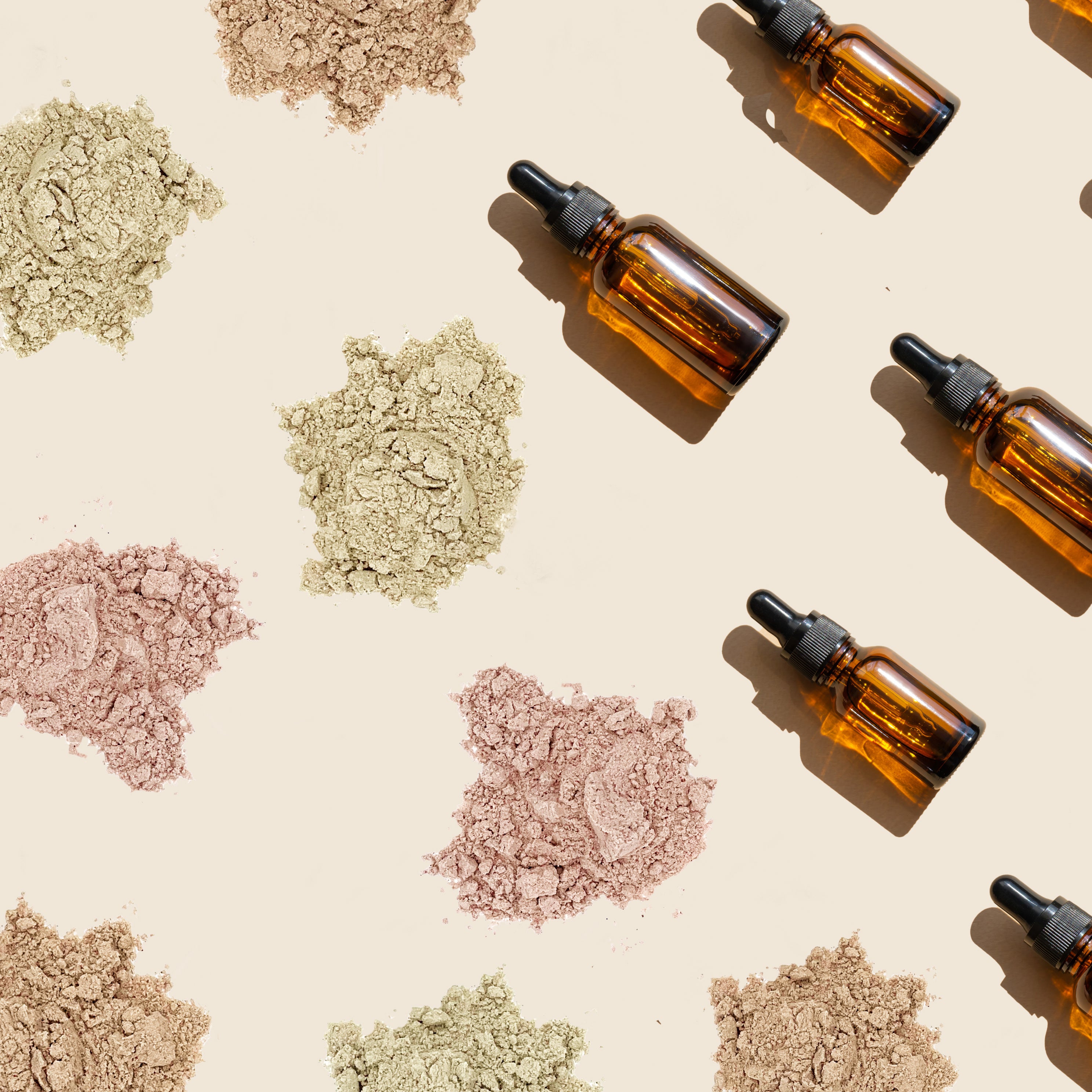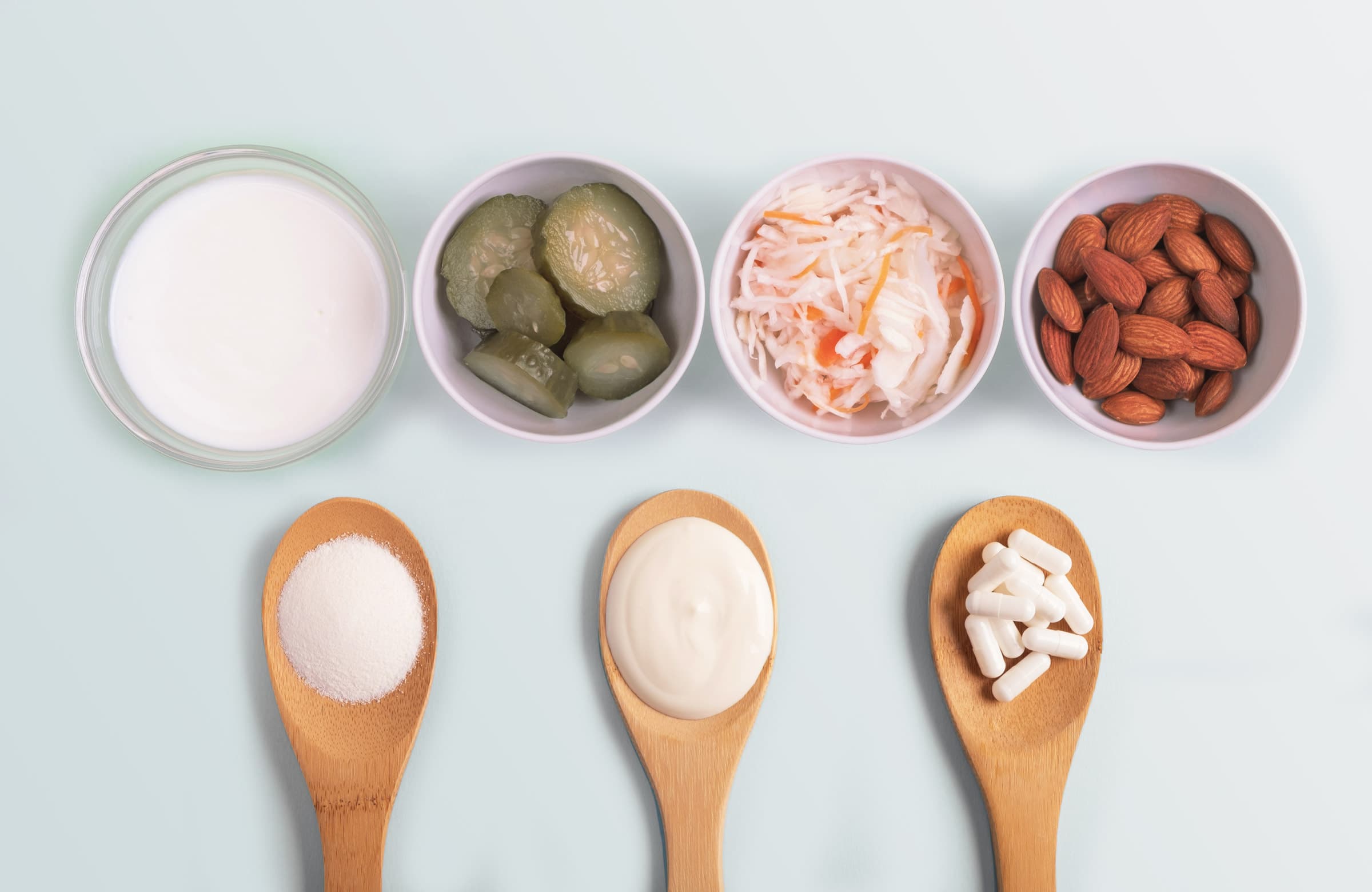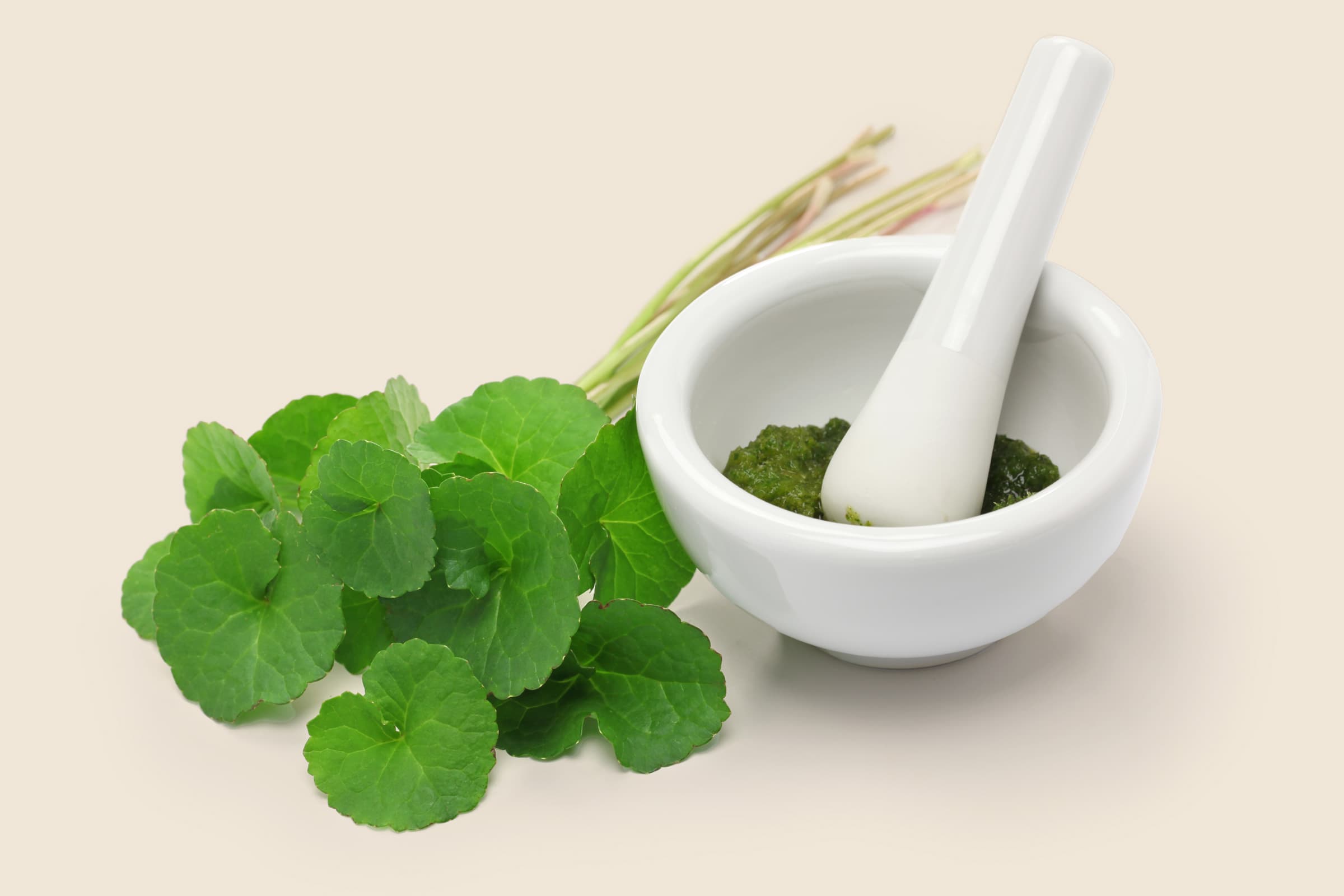As you probably know from your Instagram feed flooded with green frothy lattes and tea-flavored ice cream, matcha is having a major moment. But what exactly is it? And are there any real health benefits from consuming matcha? And how much should you consume? Read on to learn everything you need to know about matcha.
So, What Is Matcha?
It is a finely ground powder made of specially grown and processed green tea leaves. But real matcha is different from regular green tea in several ways.
It is made from specific green tea plants that are shade-grown for about three weeks before harvest. Shade-growing slows the growth of the leaves, causing an increase in chlorophyll, and the leaves turn a deeper green. The entire process causes the plant to produce more caffeine and the amino acid L-theanine, which gives it unique chemical properties. Scientific studies have shown that large amounts of L-theanine can boost of energy and sustained mental alertness, which is what people typically like about this superfood, and why many prefer it to the caffeine jolt and crash typically associated with coffee. Once the leaves are picked, they are laid out to dry, and once dried, the stems and leaves are removed. The dried, deveined leaves are next ground into a fine powder, known as matcha.
What Does Matcha Taste Like?
The flavor is much like that of green tea, but with a richer intensity. Traditionally, it is prepared by placing the powder in a bowl, then hot water is added, and the mixture is whisked to remove clumps.
Many people drink matcha not only for its energy-boosting properties but for the numerous associated health benefits.
Green tea is rich in flavonoids, including catechins and their derivatives, which have antioxidant properties. Antioxidants help the human body fight dangerous free-radicals and are important for the protection of many diseases, including cancer, and are have anti-aging benefits protecting skin from wrinkling.
Some animal studies1 found that matcha may ameliorate progression of renal and hepatic damage in type 2 diabetes, and other observational studies2 suggest that long-term consumption of green tea catechins (like those found in matcha) may be beneficial in reducing high-fat diet-induced obesity, type II diabetes, and risks of coronary disease, although there is a need for more rigorous studies in humans.
With its complex slightly sweet yet bitter, vibrant green tea flavor, it is used to infuse a variety of lattes, baked goods, and Nuzest Clean Lean Protein to delight the taste buds and benefit the body.
How Can I Consume Matcha?
If you’re looking for a way to incorporate more of this superfood in your life and boost your protein intake, our Vanilla Matcha Clean Lean Protein offers a delicious shortcut to your next matcha shake, smoothie, or protein ball. Best of all, it's plant-based and free from common allergens, and it's a great way to add some flavor and protein to your diet!
References
- https://www.ncbi.nlm.nih.gov/pubmed/19735169
- https://www.ncbi.nlm.nih.gov/pmc/articles/PMC2855614/


